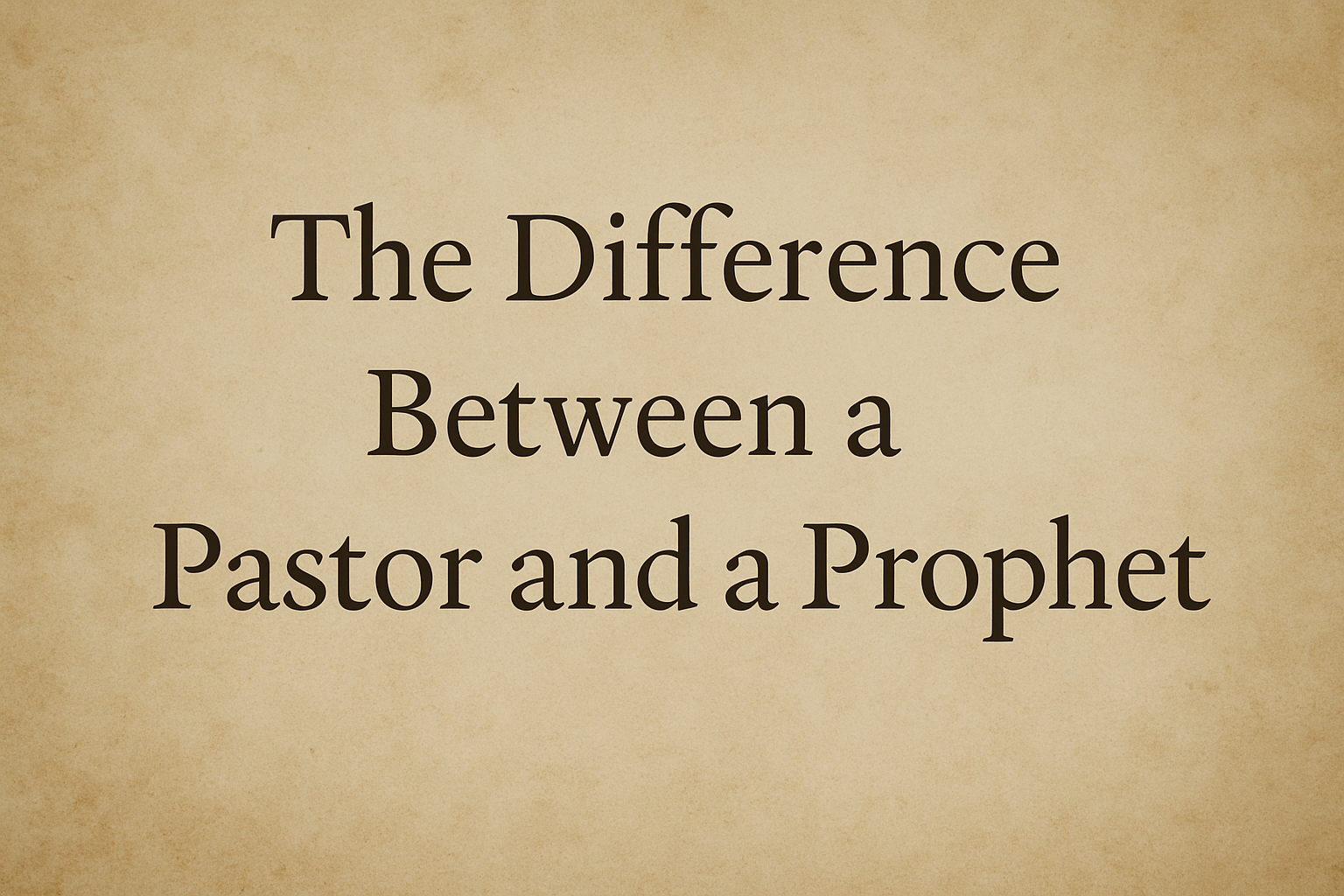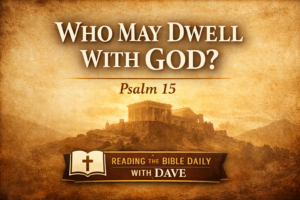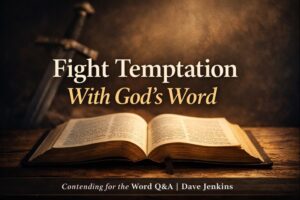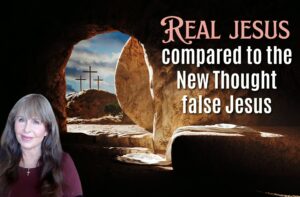⏱️ Estimated Reading Time: 4 min read
The Difference Between a Pastor and a Prophet
Contending for the Word – August 9, 2025
Written by Dave Jenkins
Introduction
In an age of charismatic confusion, it’s become common for Christians to ask, “What is the difference between a pastor and a prophet?” Even more concerning, some ministries today claim that their leaders are both—holding the authority of a shepherd and the voice of a prophet.
But what does Scripture actually say?
God has not left us in the dark about the roles He has appointed within the church. Understanding the biblical office of pastor—and the historical role of prophet—is critical to guarding against deception and upholding the sufficiency of Scripture. Let’s walk through what the Bible teaches, why the distinction matters, and how modern distortions must be corrected.
Biblical Clarity on Pastors
The New Testament uses the terms pastor, elder, and overseer interchangeably to describe those entrusted with shepherding God’s people. A pastor’s calling is grounded in the Word of God—he is tasked with teaching, protecting, praying for, and caring for the local church.
Peter exhorts pastors to “shepherd the flock of God that is among you… being examples to the flock” (1 Peter 5:2–3). Paul charges Timothy to “preach the Word” and be ready “in season and out of season” (2 Timothy 4:2). Pastors are not motivational speakers, CEOs, or cultural commentators—they are stewards of divine truth. Their authority does not come from visions or impressions, but from the faithful exposition of Scripture. Their lives, too, must reflect the gospel they proclaim (see 1 Timothy 3:1–7).
What Prophets Were in Redemptive History
By contrast, prophets in the Old Testament were divinely chosen mouthpieces who received and delivered direct revelation from God. Their messages often began with “Thus says the Lord,” signaling the authority of God behind their words. They warned kings, foretold events, exposed sin, and revealed aspects of God’s redemptive plan.
Think of Isaiah proclaiming the coming Messiah, Jeremiah weeping over Judah’s judgment, or Daniel receiving visions of future empires. Prophets were not simply preachers—they were recipients of revelation.
In the New Testament, prophets continued to function during the church’s foundational era. Ephesians 2:20 describes the early church as “built on the foundation of the apostles and prophets,” a reference to their unique, unrepeatable role in receiving and declaring divine revelation during a transitional period in redemptive history.
Why There Are No Prophets Today
With the completion of the biblical canon, the role of prophet—specifically, one who brings new, authoritative revelation from God—has ceased. Hebrews 1:1–2 tells us, “Long ago, at many times and in many ways, God spoke to our fathers by the prophets, but in these last days he has spoken to us by his Son.” Christ is the final Word (John 1:14), and the Scriptures are sufficient (2 Timothy 3:16–17).
Today, God speaks through His Word—not through modern-day prophets claiming fresh messages. While some claim the title, the function no longer exists. These so-called prophets often misuse the term to elevate themselves, demand allegiance, or justify doctrinal distortions.
The Real Danger of Confusing the Two
When someone claims to be both pastor and prophet, the consequences are spiritually devastating. It elevates personal impressions over the authority of Scripture. It replaces careful expository preaching with vague “prophetic utterances.” It creates cultures of fear and manipulation, where leaders are above correction and congregants are expected to obey without biblical examination.
This is not just a doctrinal error—it’s pastoral malpractice. James warns, “Let not many of you become teachers… for you know that we who teach will be judged with greater strictness” (James 3:1). When leaders blur the line between the biblical and the mystical, they invite confusion, not clarity.
Conclusion: We Need Faithful Pastors, Not Prophetic Performers
We don’t need new prophets. We need faithful shepherds who will preach the whole counsel of God. We don’t need more revelations. We need to obey the unchanging, sufficient Word already given.
Isaiah 40:8 reminds us: “The grass withers, the flower fades, but the word of our God will stand forever.” The Word is enough.
Pastors point to Christ. Prophets pointed forward to Him. Now that the Word is complete, the call is clear: Preach the Word. Feed the sheep. Guard the truth.
Visiting Contending for the Word Q&A for more or our YouTube.
Dave Jenkins is happily married to his wife, Sarah. He is a writer, editor, and speaker living in beautiful Southern Oregon. Dave is a lover of Christ, His people, the Church, and sound theology. He serves as the Executive Director of Servants of Grace Ministries, the Executive Editor of Theology for Life Magazine, the Host and Producer of Equipping You in Grace Podcast, and is a contributor to and producer of Contending for the Word. He is the author of The Word Explored: The Problem of Biblical Illiteracy and What To Do About It (House to House, 2021), The Word Matters: Defending Biblical Authority Against the Spirit of the Age (G3 Press, 2022), and Contentment: The Journey of a Lifetime (Theology for Life, 2024). You can find him on Facebook, Twitter, Instagram, Youtube, or read his newsletter. Dave loves to spend time with his wife, going to movies, eating at a nice restaurant, or going out for a round of golf with a good friend. He is also a voracious reader, in particular of Reformed theology, and the Puritans. You will often find him when he’s not busy with ministry reading a pile of the latest books from a wide variety of Christian publishers. Dave received his M.A.R. and M.Div through Liberty Baptist Theological Seminary.




